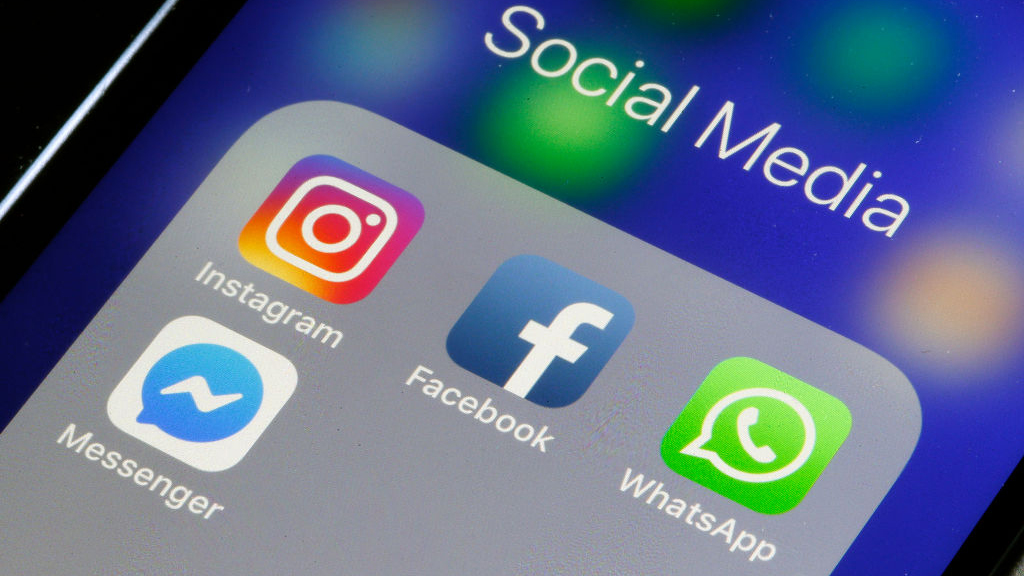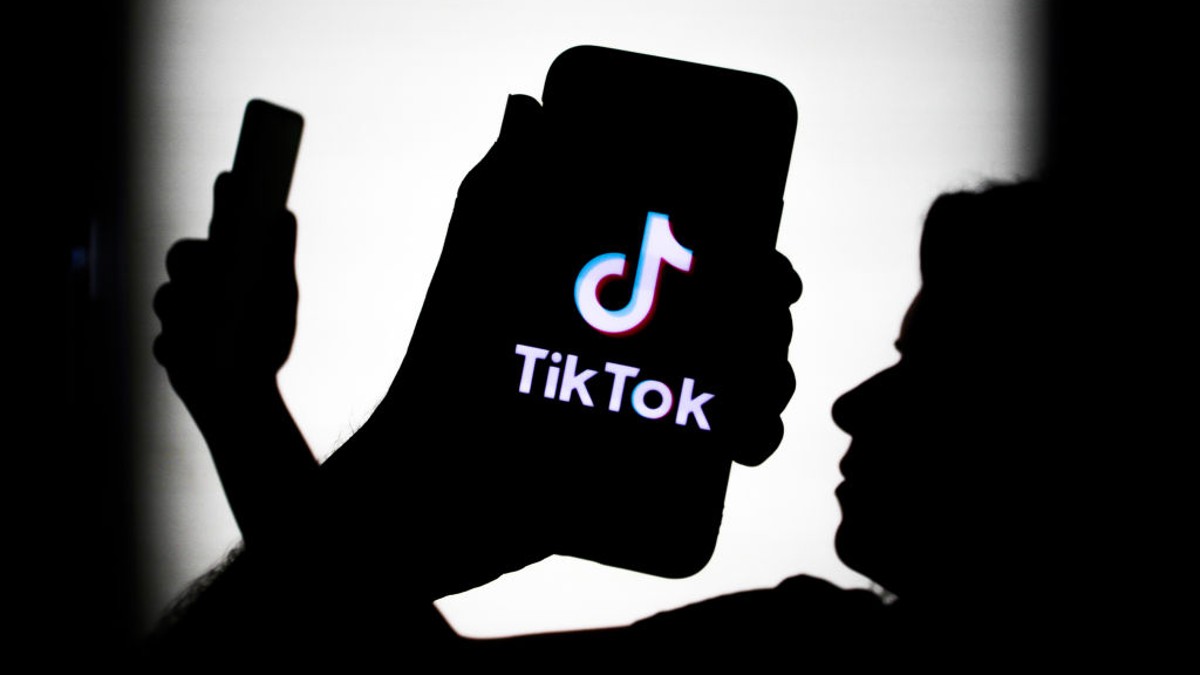Teens generally get more than 200 alerts on their phones each day, according to a new report from Common Sense Media that studied how teens use their phones — with some getting more than 4,000.
Sometimes those messages are upsetting; sometimes they're welcome; a lot of the time they're ignored, but still distracting.
Parents are often in the dark about how, and how much, their teens are using their phones. Common Sense Media, an advocacy organization that reviews and researches media's effect on kids, studied real-life phone use of 200 teens for its report, which Kate Snow shared exclusively on TODAY Sept. 26.
"It’s really up to you as a parent to be having an ongoing, non-judgmental discussion with your kids," Common Sense CEO Jim Steyer says, "but also talking about positive things they can get from interaction on screens, because that is the life kids are living."
Median phone use in the study was about four and a half hours per day. Is that good or bad? It depends, researchers say.
"Those four hours could be filled with something very educational and positive and affirming for that child; or it could be only two hours, filled with something toxic and rude or hateful or upsetting." lead study author Dr. Jenny S. Radesky, head of developmental and behavioral pediatrics at the University of Michigan medical school, tells TODAY.com. "So the more important question is, what is the activity?"
Here are things that Common Sense researchers say parents can say and do to help teens control their phone use. And if these look like good ideas for adults to use themselves — yes, absolutely, researchers say. One of the best thing parents can do is model our own efforts to control our phone use.
● What is your favorite app? Do you feel stressed or excited by it? Or both?
● Does it feel like a job or “work” to stay up to date on everything?
Feeling out of the loop? We'll catch you up on the Chicago news you need to know. Sign up for the weekly Chicago Catch-Up newsletter.
● What does it feel like when your phone is commanding your attention vs. just being in the background of your mind?
● What does it feel like when you don’t have your phone or the room is too quiet? Are you worried about missing out on anything?
● Have you ever noticed what you’re thinking about if there’s no background noise on?
● Do you ever get a sense that you’ve been on your phone too long? What are the signs for you?
● Which apps take up most of your time (and my own time, as a parent)? Why is this?
● Are there design features that make your favorite app hard to put down?
● What do you think social media platforms know about us, in terms of who we are and how we are feeling? How do algorithms predict what we might want to watch or follow?
● How do you see the platform’s algorithms at work? Have you noticed when it’s working to keep you on the app, and how it does that?
● What are some ways to be “in the driver’s seat” while using your phone, other than timers that don’t always work? Are there ways to be conscious of the need to not use your phone at certain times of day? Are there places that you could keep your phone, some apps that you could remove, or “do not disturb” settings that could help you feel more in control?
● Try looking at settings for screen time and digital wellness on your phone, and on your child’s phone, to talk about which apps send you the most notifications.
● Discuss how to intentionally update the settings (both within apps and in phone notification settings) to cut out all of the extra disruptions that young people mention as their biggest annoyance.
● Reflect on how your phone tries to get your attention: It can lead to great discussions in families and classrooms, and it can give users a feeling of control over how much they use their smartphone.
● Ask: What are your school’s policies for tech use? How well are those rules enforced by teachers, and do students follow them? What do you think are the positive and negative effects of these policies?
● Adults can help children and adolescents reflect on how using smartphones in school makes your brain feel (in terms of emotions, attention, and thinking), and when it’s an avoidance strategy.
● If they don’t want to talk about their own phone use during school, ask about peers’ use: When does your child think that other kids are using their phones too much, and why?
● If your child is using their phone a lot at the end of the day, talk with them about what the rest of their day looks like: Are they getting enough time to relax and unwind? Are they overscheduled or having difficulty finishing homework? Strategize on how to help de-stress the other parts of their day first.
● If your child finds it hard to separate from their phone at night, talk about what types of apps or content “wake their brain up” versus help them let go and calm down, and try to only use the calmer apps before bed.
● Our youth advisors told us that timers and limits aren’t always effective, but they can remind you that you’ve spent more time on an app than you intended, so they’re worth a try for kids who feel like they’re wasting time watching videos or reading other people’s posts.
● Experiment with a few nights of using the “do not disturb” settings, or putting the phone in another room overnight (for parents, too). Reflect with your child the next day about how it felt.
NBC reached out to Snapchat, TikTok, Discord and Meta for comment: You can read those statements here.
This story first appeared on TODAY.com. More from TODAY:



